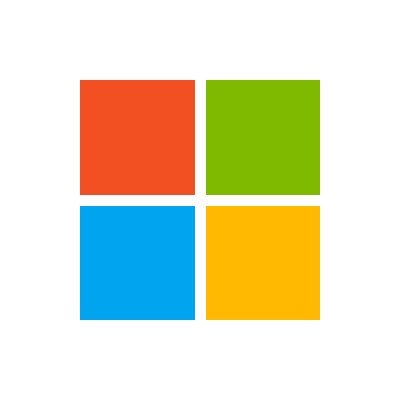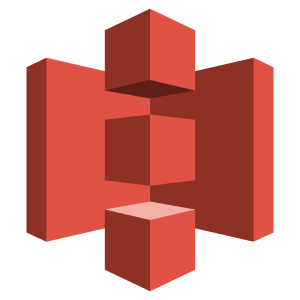Compare - Qubole VS Databricks
Here’s the difference between Qubole and Databricks. The comparison is based on pricing, deployment, business model, and other important factors.
About Qubole
Qubole is a provider of a cloud-based data lake platform. The product offered by the company is a unified interface for connecting various data sources and querying them on the chosen technology and infrastructure. The platform uses machine learning to create and manage automated pipelines, and infrastructure optimization. It can also be used for ad-hoc querying, BI workloads, and application workloads. The clients of the company include GANNETT, KFC, Gaia, etc.
About Databricks
Databricks provides a data lakehouse that unifies your data warehousing and AI use cases on a single platform. With Databricks, you can implement a common approach to data governance across all data types and assets, and execute all of your workloads across data engineering, data warehousing, data streaming, data science, and machine learning on a single copy of the data. Built on open source and open standards, with hundreds of active partnerships, Databricks easily integrates with your modern data stack. Additionally, Databricks uses an open standards approach to data sharing to eliminate ecosystem restrictions. Finally, Databricks provides a consistent data platform across clouds to reduce the friction of multicloud environments. Today, Databricks has over 7000 customers, including Amgen, Walmart, Disney, HSBC, Shell, Grab, and Instacart.
Comparison Table
| Overview | ||
|---|---|---|
| Categories | Data Lakes | Data Warehouses, Data Lakes |
| Stage | Late Stage | Late Stage |
| Target Segment | Enterprise, Mid size | Enterprise, Mid size |
| Deployment | SaaS | SaaS |
| Business Model | Commercial | Commercial |
| Pricing | Free trial, Contact Sales | Freemium, Contact Sales |
| Location | California, US | San Francisco, US |
| Companies using it | ||
| Contact info |
Add to compare

